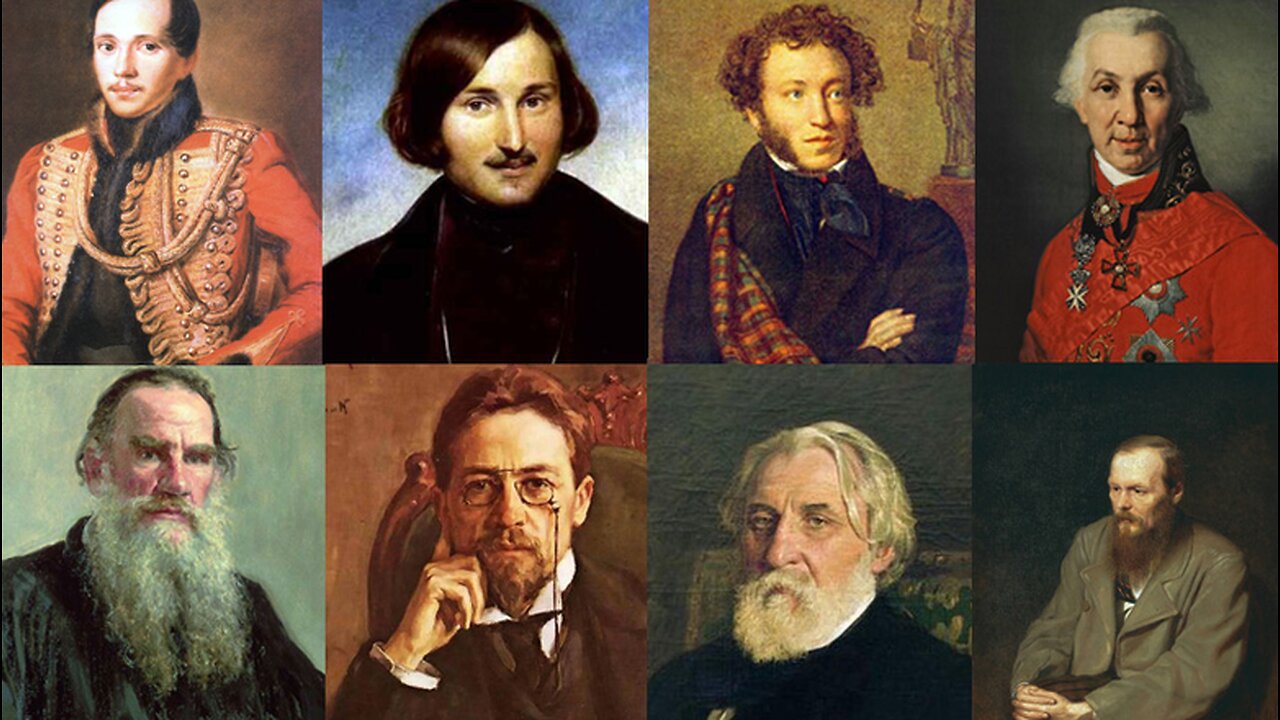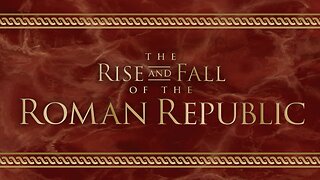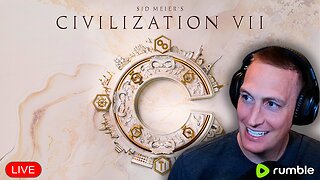Premium Only Content

Classics of Russian Literature | The Stresses between Two Generations (Lecture 23)
Lecture 23: In addition to a series of extremely finely crafted short stories and novellas, Turgenev wrote several relatively short novels. One of them, Fathers and Sons of 1861, was destined to become one of Europe’s defining moments in 19th-century prose. Both Tolstoy and Dostoevsky, as well as many Western writers, took the form and ideas of this novel as a basis for their own work.
With his invention of the political word nihilist - one who wants to destroy all present institutions - Turgenev managed to touch the essence of the biblical question from Genesis 22:1−18, the story that relates Abraham’s willingness to sacrifice his only son. Any binding (the Hebrew title Akedah means “binding”) between generations requires not only accord but also friction that can even threaten to become mortal. It is the latter that we see in Fathers and Sons. Bazarov and the Kirsanov family become the modern characters in this universal drama.
Suggested Reading:
V. S. Pritchett, The Gentle Barbarian: The Life and Work of Turgenev.
Ivan Turgenev, Fathers and Sons (A Norton Critical Edition), edited and translated by Ralph Matlaw, collected critical articles at the end of the Norton Critical Edition.
-
 20:08
20:08
The Great Courses
1 month agoThe Rise And Fall Of The Roman Republic | The Ancient World Before Rome (Lecture 2)
228 -
 12:03
12:03
Space Ice
14 hours agoSteven Seagal's China Salesman - Mike Tyson Knocks Him Out - Worst Movie Ever
36.7K16 -
 11:37
11:37
Degenerate Jay
14 hours ago $6.18 earnedJames Bond Needs Quality Over Quantity From Amazon
67.2K8 -
 15:23
15:23
Misha Petrov
14 hours agoTrad Wives & Girl Bosses Go to WAR!
55.7K43 -
 2:03:11
2:03:11
TheDozenPodcast
12 hours agoFootball villain fighting the state: Joey Barton
45.4K1 -
 13:18:50
13:18:50
Scottish Viking Gaming
15 hours ago💚Rumble :|: Sunday Funday :|: Smash the Blerps and Vape the Terpes
90.2K8 -
 1:45:00
1:45:00
RG_GerkClan
17 hours ago🔴LIVE Sunday Special - It's Time for World Domination - Civilization VII - Gerk Clan
82.2K27 -
 LIVE
LIVE
Major League Fishing
4 days agoLIVE Tackle Warehouse Invitationals, Stop 1, Day 3
110 watching -
 23:34
23:34
marcushouse
17 hours ago $16.06 earnedBREAKING: Starship Launch IMMINENT – But What’s This SURPRISE Flight 9 Plan?! 🚀🔥
120K16 -
 8:43
8:43
Film Threat
1 day agoTHE MONKEY | Film Threat Reviews
107K3